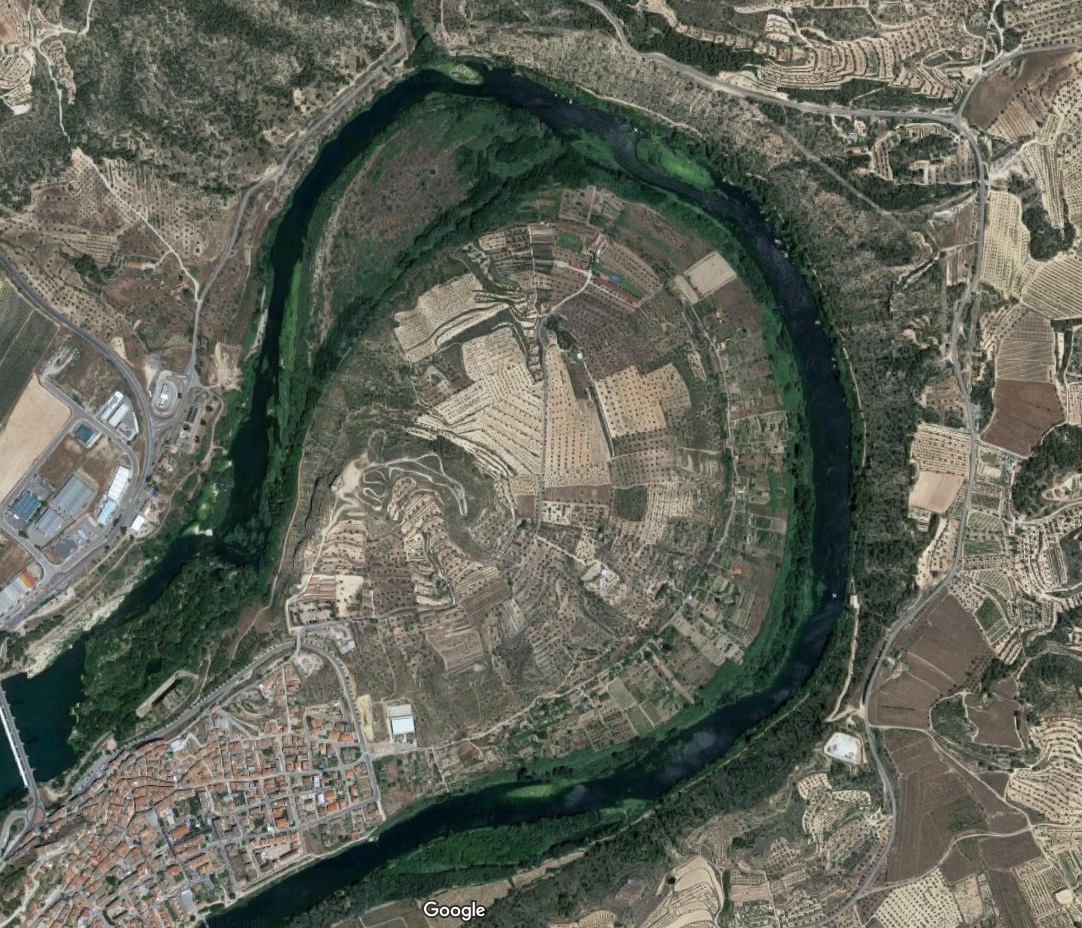Més enllà de la programació i la robòtica educativa: el pensament computacional en l’ensenyament STEAM a infantil i primària
Article Sidebar

Main Article Content
Computational thinking is gaining increasing relevance in education. Beyond the interest that developing this way of thinking and problem-solving problems may have in an increas-ingly computerized context, the development of computational thinking can support the learning of all STEAM (Science, Technology, Engineering, Arts and Mathematics) disci-plines. In the framework of the PECOFIM project (Computational Thinking in Pre-Service Teacher Training), this paper offers a brief summary of the existing definitions in the litera-ture about computational thinking and proposes indicators that can help to identify it and to promote it in school. At the same time, it introduces real examples for dealing with compu-tational thinking in early childhood and primary education, using the proposed indicators to analyse them.
Article Details
Most read articles by the same author(s)
- Joan Crusells, Víctor López, Covid19 and Scratch: Involving students in the computational modeling of the spread of an epidemic , Ciències: revista del professorat de ciències de Primària i Secundària: No. 41 (2020)